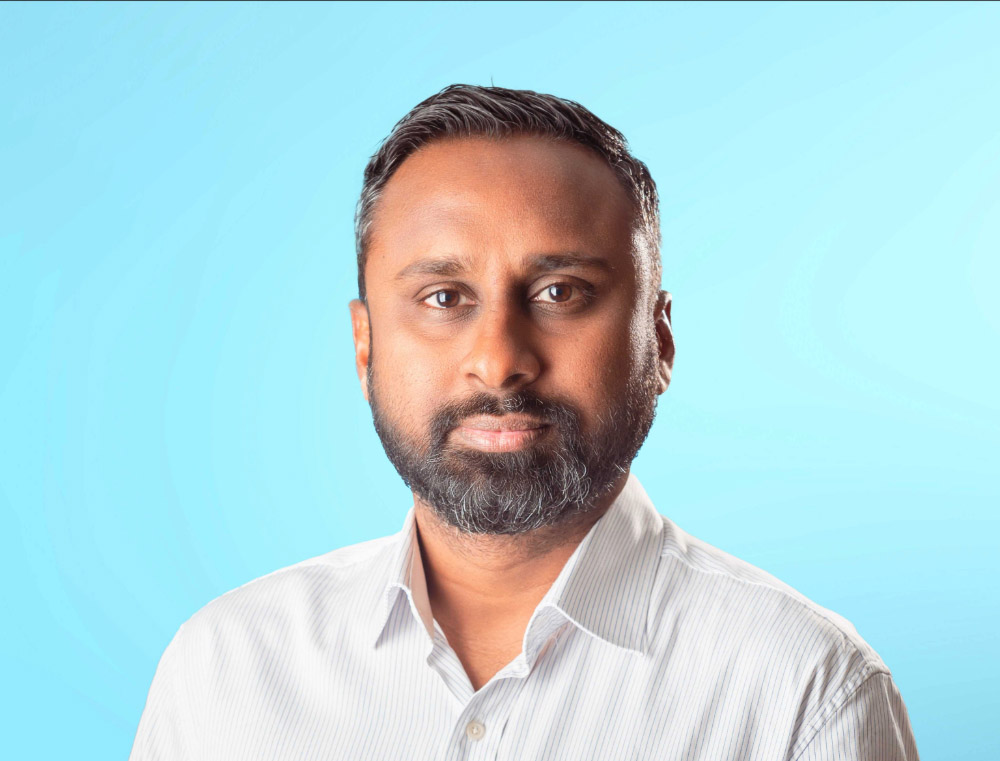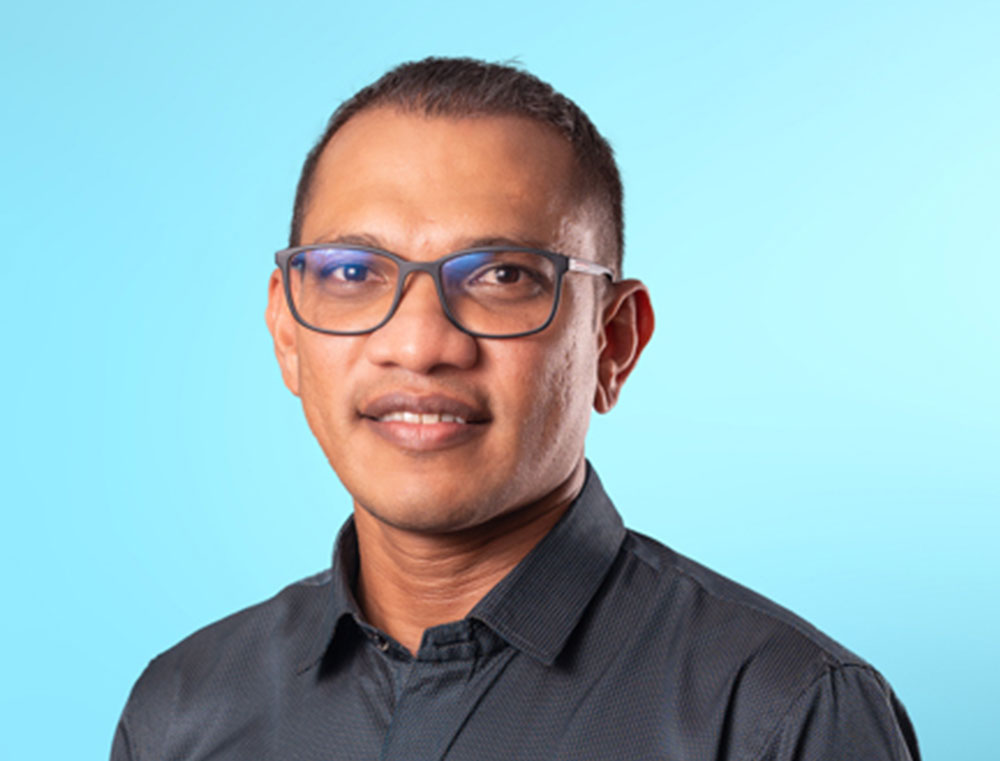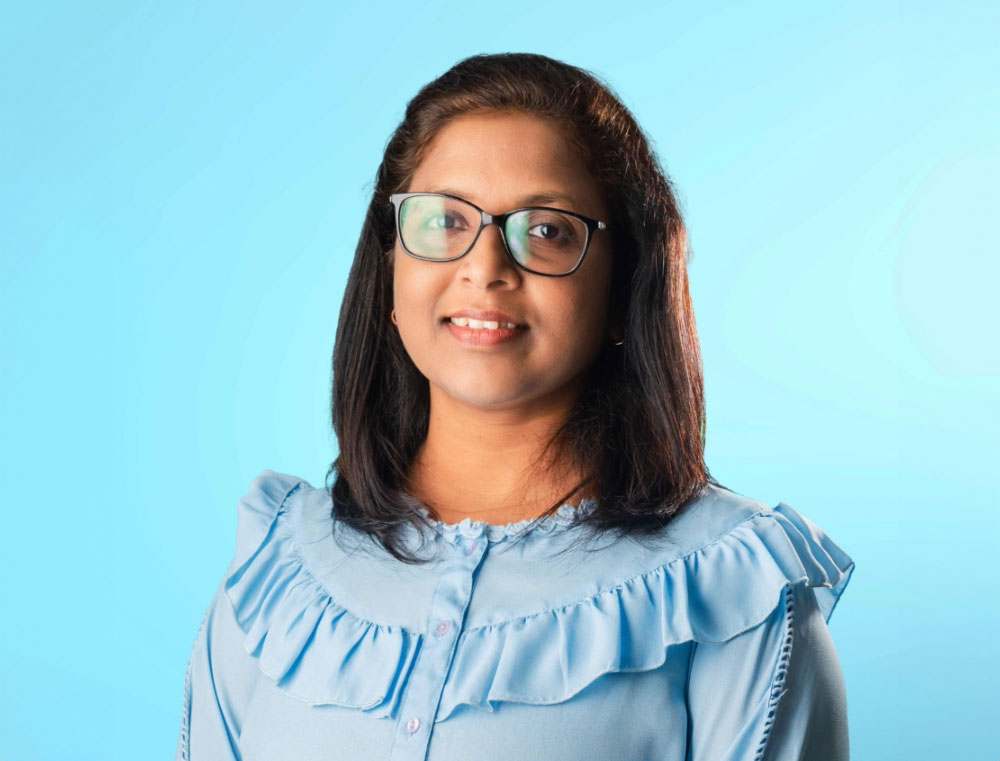Dr. Kausik Kumar Deb

Consultant Ophthalmologist
Qualifications
MBBS, D.O
Experience
46 years
About
Dr. Kausik Completed his MBBS from Ghuhati University Assam, India, and D.O from Dibrugarh University Assam, India. He has been in the medical field since 1978 and is well known for being an experienced ophthalmologist. Dr. Kausik has a special interest in public health.
Specialisation
- General Ophthalmology
- Public Health
Qualifications
- MBBS
- MD
Language Spoken
- English
- Bengali
Other Doctors

Elit anim nisi ut commodo esse sunt minim sed officia cillum qui do ullamco commodo proident.
Dr. Arjun Malla Bhari

Elit anim nisi ut commodo esse sunt minim sed officia cillum qui do ullamco commodo proident.
Dr. Mohamed Azzam

Elit anim nisi ut commodo esse sunt minim sed officia cillum qui do ullamco commodo proident.
Dr. Mandhoof Moosa

Elit anim nisi ut commodo esse sunt minim sed officia cillum qui do ullamco commodo proident.
Dr. Vijayamani Janampalli
Frequently Asked Questions
A. Cataract surgery is typically not painful. Local anesthesia is used to numb the eye, and any discomfort during the procedure is minimal. Post-surgery, patients may experience mild irritation.
A. Cataract surgery is a common and generally safe procedure. It is considered serious in terms of the potential impact on vision but is routinely performed with a high success rate.
A. You should try to avoid blinking during cataract surgery, as it can disrupt the procedure. Surgeons use instruments to keep the eye open and steady throughout the surgery.
A. Some individuals with underlying eye conditions, severe medical problems, or unrealistic expectations may not be suitable candidates for cataract surgery.
A. Phacoemulsification, or "Phaco," is the most common and advanced cataract surgery method. It involves small incisions, quicker recovery, and improved outcomes, making it the preferred choice for most patients.

